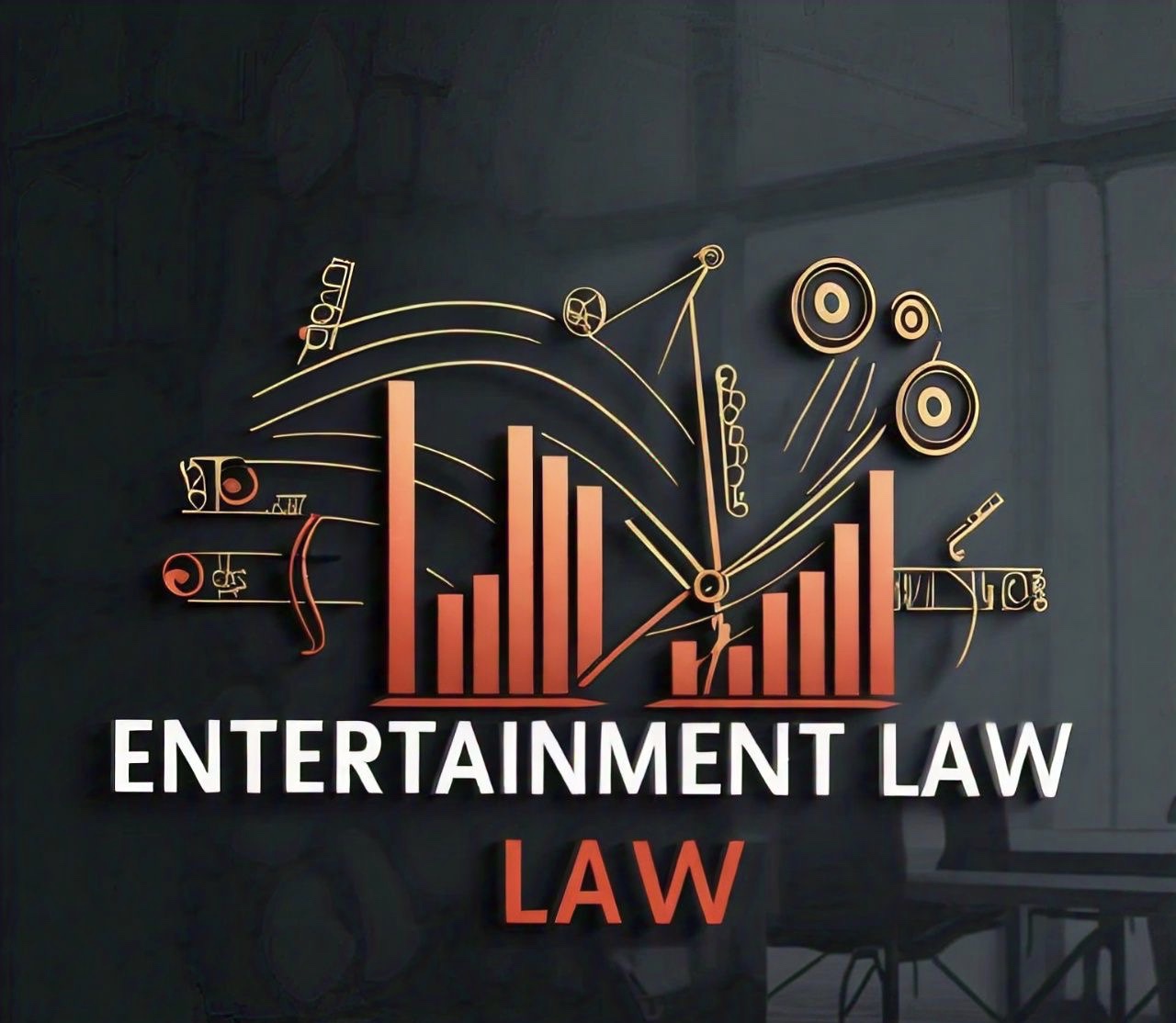
ENTERTAINMENT AND TECHNOLOGY
In the 21st century, the world of technology and entertainment has become increasingly intertwined. From streaming services and social media platforms to virtual reality and augmented reality experiences, technology has transformed the way we consume and create entertainment.
However, with these changes come new legal challenges and complexities, particularly the aspect of intellectual property. In this article, we explore key issues facing the entertainment industry in the digital age, and discuss strategies for navigating the legal landscape of intellectual property.
One of the biggest challenges facing the entertainment industry today is the issue of copyright infringement. With the rise of digital distribution channels, it has become easier than ever for individuals to share and distribute copyrighted content without permission. This presents a major challenge for rights holders, who must constantly monitor and enforce their intellectual property rights in an ever-changing landscape.
To address this challenge, many entertainment stakeholders are turning to new technologies like artificial intelligence and machine learning to help them identify and track instances of infringement. These technologies can quickly scan large volumes of online content and identify potential instances of copyright infringement, enabling rights holders to take swift legal action when necessary.
Another key issue is the question of ownership and control over creative works. In the past, it was relatively straightforward to determine who owned the rights to a particular piece of content. However, in the age of digital collaboration and social media, ownership and attribution can be much more complex. For example, if a group of musicians collaborate on a song using an online platform, how should ownership and attribution be determined? Should each musician be considered a co-owner of the song, or should one person be designated as the primary creator? These are the kind of questions that stakeholders in the entertainment industry must consider in this digital age.
One area of intellectual property that has seen significant growth in recent years is the subject of trademarks.Trademarks are a critical tool for businesses and individuals looking to protect their brand identities in a crowded market. However, with the rise of social media and other online platforms, the rules and regulations surrounding trademarks have become more complex. For example, how should trademarks be used in the context of online advertising or influencer marketing? What steps should businesses take to protect their trademarks in an increasingly global and interconnected world? These are the kind of questions that entertainment lawyers must consider when advising their clients on intellectual property issues.
It is worth noting that the legal landscape of intellectual property is constantly evolving with new technologies and platforms emerging all the time. This means that stakeholders in the entertainment industry must be ready to adapt and be proactive in their approach to intellectual property issues. They must stay up-to-date on the latest developments in technology and digital media, and be prepared to pivot their strategies and tactics as needed in response to new challenges and opportunities
THE FUTURE AHEAD
In recent years, we have seen the rise of new forms of media, including streaming services, virtual reality, and social media platforms. As we look towards the future, there is no doubt that the entertainment industry will continue to undergo significant changes.
One of the most significant trends shaping the future of entertainment is the growing importance of digital media. The rise of streaming services has fundamentally changed the way people consume and interact with media, allowing them to access an unprecedented variety of content from anywhere, at any time. This trend is likely to continue, with streaming services becoming even
more ubiquitous and powerful in the years ahead.
Another trend that is likely to shape the future of entertainment is the increasing convergence of media and technology. As virtual reality, augmented reality, and other immersive technologies continue to improve, we can expect to see a blurring of the lines between traditional forms of media and these emerging technologies. This convergence will create new opportunities for artists, entrepreneurs, legal professionals and content creators, while also posing significant challenges for intellectual property law.
The rise of social media is also likely to continue to impact the entertainment industry in profound ways. Platforms like TikTok and Instagram have already disrupted the traditional media landscape, providing new opportunities for content creators to connect with audiences and build their brands.
As social media continues to evolve, we can expect to see even more innovative use of these platforms, such as the use of artificial intelligence to personalize content and drive engagement.
At the same time, the future of entertainment is likely to be shaped by a range of geopolitical and economic factors. For example, the ongoing globalization of the entertainment industry is likely to accelerate, with companies and artists seeking to capitalize on new markets and demographics around the world. We can also expect to see continued consolidation within the industry, as larger companies seek to leverage their reach and resources to dominate the market.
While controversies are bound to arise, such as the ongoing debates around intellectual property law and data privacy, there is no doubt that the entertainment industry will continue to be a vital and dynamic part of our global culture. The key to success in this rapidly evolving landscape will be adaptability and openness to new ideas and technologies. The most successful companies, artists, and entrepreneurs will be those who are able to embrace change and use it to their advantage, creating new and innovative forms of media that capture the hearts and minds of audiences around the world.





